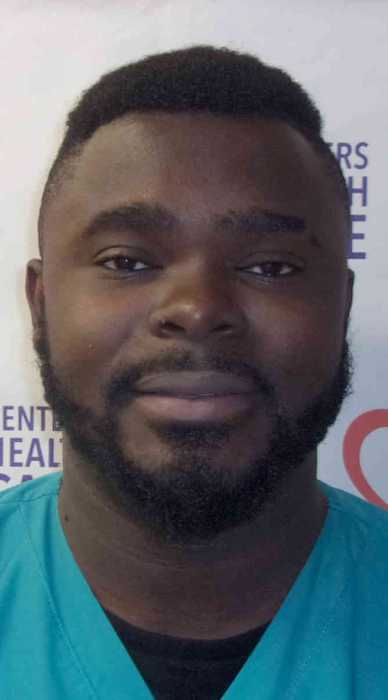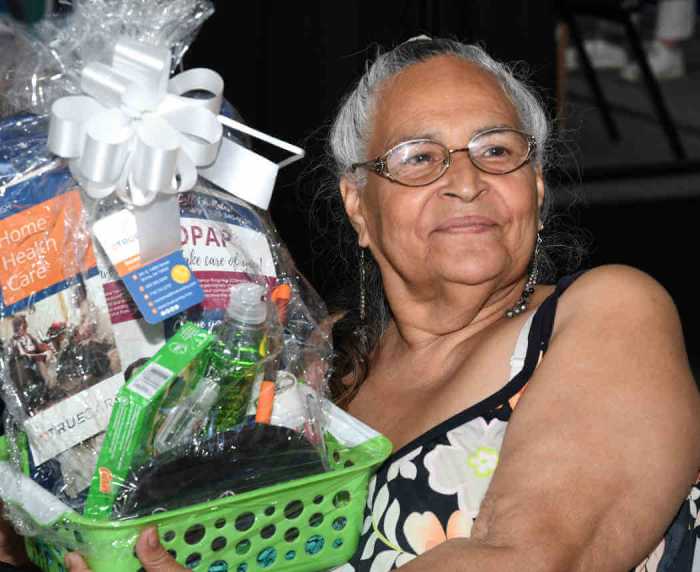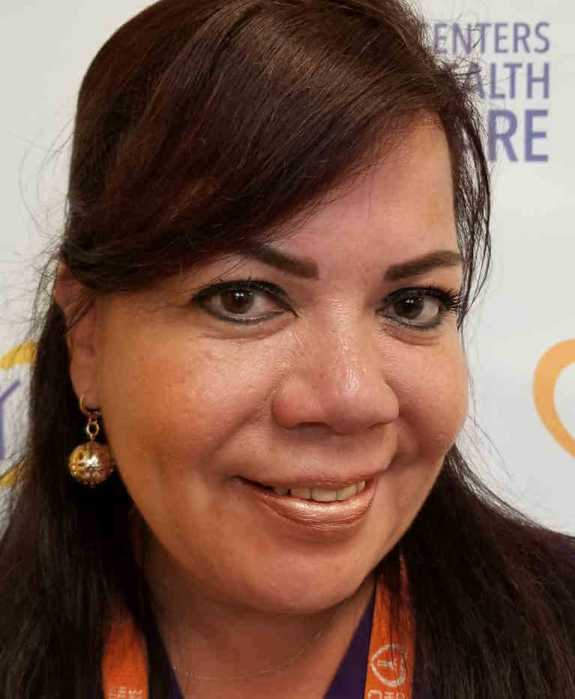More than 21,000 Bronx residents per year – mostly seniors and people with disabilities – receive home health care. Most receive this care after a serious hospital stay and need this “post-acute” care to heal and recover at home. Home health care helps prevent infections, falls, illness, bad medication reactions, malnutrition and numerous other health issues.
But these 21,000 residents are only a fraction of our Bronx neighbors who need this care. In fact, many more of our constituents who are referred for home health care are denied these vital services today. Why? A home health nursing crisis is preventing patients from being safely discharged, straining hospitals and creating “home health deserts” like we are seeing in the Bronx. Our neighbors who live in these home health deserts already lack access to care and are suffering from health disparities. Consider the facts:
- Bronx seniors and people with disabilities are 28% less likely to receive home health care than those in NYC as a whole.
- In New York City, the number of patients with Medicare who received home health care declined by 11% in less than two years – but in the Bronx, 26% fewer patients received home health care.
- New York’s largest home health agency, the safety net provider VNS Health, could only provide services to about 30% of these patients, mostly because they did not have enough nurses. That’s a far cry from the 55% of referrals the nonprofit served in 2019 and is the steepest decline in their service area for the organization ever. (NYC, Long Island and Westchester). Every home health agency serving the Bronx is struggling in similar ways — or worse.
The ongoing nursing shortage has left home health agencies severely understaffed. They cannot compete with wages paid by hospitals and other providers, not to mention insurance companies and other for-profit companies where nurses can work and assess patients remotely. Higher transportation costs and safety concerns make it even harder to recruit nurses and send them to some communities that are desperate for home health care.
This is having a severe impact on Bronx hospitals, which are well over capacity and financially strapped. When a patient is ready to be discharged from the hospital but can’t be, that bed is not available to a new patient. More patients stay in the hospital when they should be recovering at home. More patients are lined up in the hallways of emergency departments waiting for beds, putting their health at greater risk. Meanwhile, patients who are referred to home health care by their doctors but who go home without it are more likely to be readmitted to the hospital. Or they end up in nursing homes (which are also under strain) when they don’t need or want to be there.
We fully support increased funding in the New York State Budget to help hospitals and nursing homes confront their workforce shortages. But we can’t ignore the essential home health nurses and the patients who rely on them. That’s why we are supporting a $25 million fund to enable home health agencies (as well as hospices, which also desperately need staff) to recruit and deploy more nurses in underserved communities.
As the state budget deadline fast approaches, we will work with the governor and our leadership in the state Legislature to properly address this critical workforce challenge that is affecting patients, nurses and the entire health care system.
New York State Assemblymember Karines Reyes, R.N. represents Assembly District 87, and state Sen. Nathalia Fernandez represents Senate District 34.
For more coverage, follow us on Twitter, Facebook and Instagram @bronxtimes























